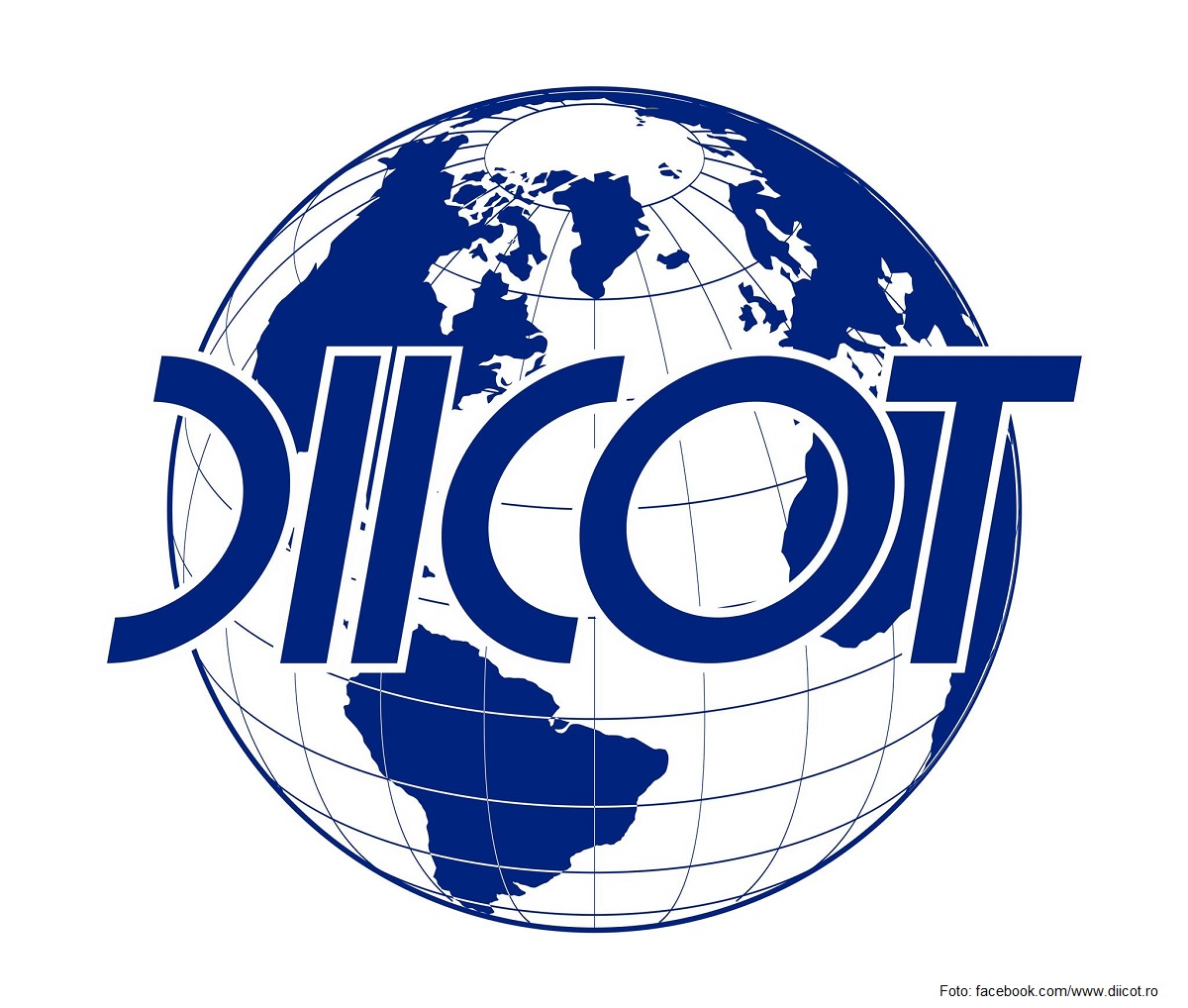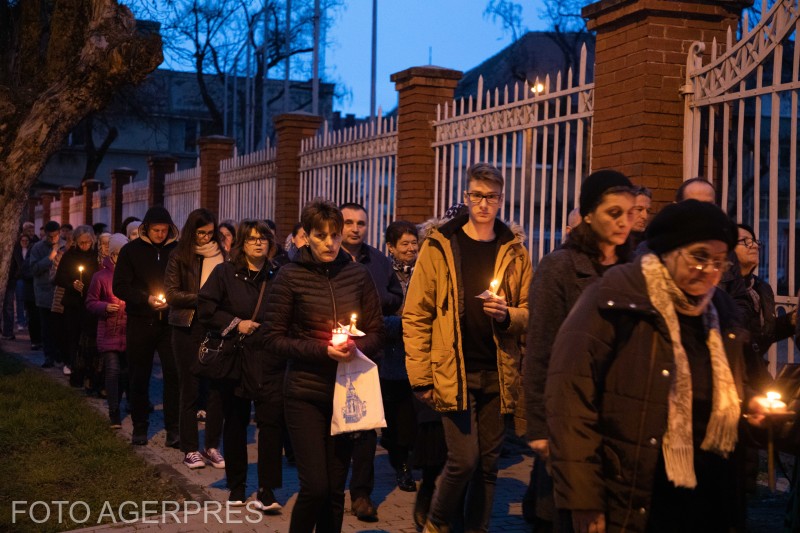Organized Crime Report
Last year, Romania was the target of "sabotage" actions and hybrid attacks specific to Russia, shows the latest report of the Directorate for Investigating Organized Crime and Terrorism in Bucharest (DIICOT).

Daniela Budu, 13.02.2025, 13:50
In 2024, Romania was targeted, along with other European states, by ‘sabotage’ actions and hybrid attacks specific to Russia, with the aim of testing the defense preparation of the NATO countries and finding weaknesses in the infrastructure, the Directorate for Investigating Organized Crime and Terrorism (DIICOT) claims in its activity report for 2024. According to the document, ‘starting with the year 2022, at least 50 incidents took place in 13 countries in Europe, which could be Russian hybrid operations. These include cases of espionage, diversion, vandalism, cyber-attacks, disinformation campaigns and three attacks on the underwater infrastructure in the Baltic Sea’. The report also shows that last year Romania did not face a concrete terrorist threat and there were no terrorist attacks, the risk still remaining low. Furthermore, the Romanian supporters of some terrorist organizations, DIICOT claims, continued to carry out only support activities, but they lacked consistency and scope.
On the other hand, the Directorate’s data show that drug consumption has constantly increased, the most wanted being cannabis, which, actually, is also the most seized by the authorities. As far as high-risk drugs are concerned, Romania is mainly a transit country, and the Black Sea ports can be an alternative for the introduction of these substances into the European Union space. Thus, last year, DIICOT prosecutors had to deal with 33,000 cases regarding drug trafficking, almost a quarter more than the previous year. In 2024, investigators seized over a ton of risk and high-risk drugs, over 7 tons of prohibited doping substances and approximately 16 tons of fruit pulp containing cocaine. More than 12,000 cannabis crops or plants were also seized, four times more than the previous year. The report also shows that parcel post systems were among the methods mainly used to introduce small and medium quantities of drugs into the country.
Another aspect mentioned in the DIICOT report is that the number of minors involved in drug trafficking has increased considerably recently, and traffickers are using new methods to bring and sell prohibited substances in Romania, such as specialized online platforms with payment in cryptocurrencies, among other things. Data from the National Antidrug Agency show constant increases in drug consumption in Romania. The domestic market is dominated by consumers from Bucharest whose number is relatively stable and is fueled by criminal groups in the area linked to the Turkish community on the import segment and to the ethnic Roma clans on the street distribution segment, the Agency also shows. (LS)






























